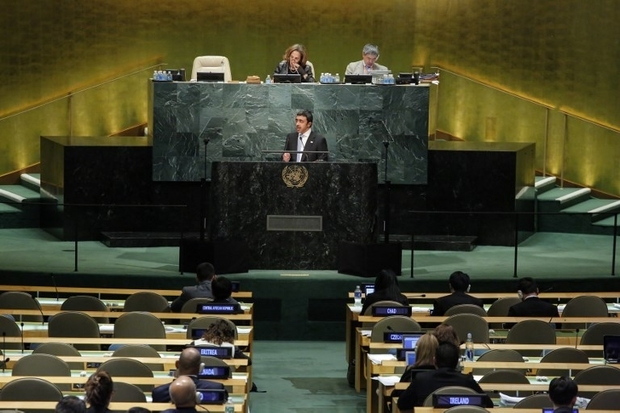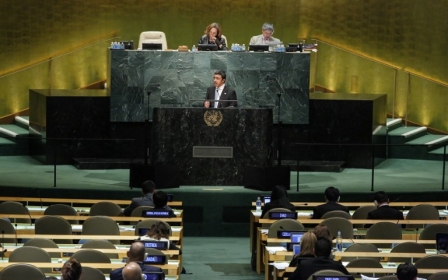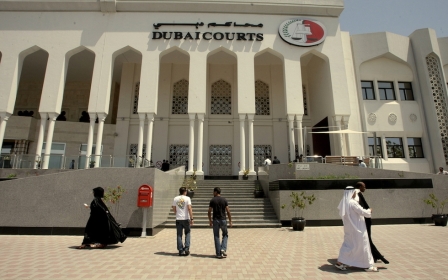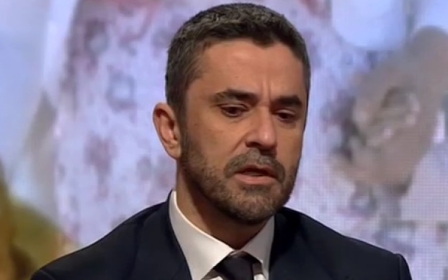UN slams UAE human rights record ahead of major review
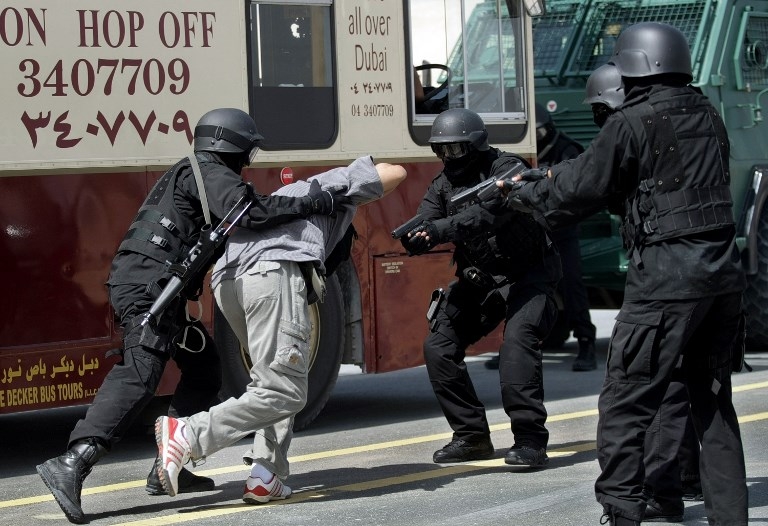
The UN has rebuked the United Arab Emirates over its human rights records, citing vague "anti-terror" crimes that attract the death penalty, the tightening of censorship and the detention of human rights activists in a report released on Wednesday.
The report by the Office of the United Nations High Commissioner for Human Rights (OHCHR) raised concerns over the UAE's 2014 counter-terrorism law under which anyone over the age of 16 found to “undermine national unity or social peace” can be sentenced to death.
The report is among a raft of documents submitted before meetings later this month of the UN's Human Rights Council (UNHRC), in which the records of the UAE and Israel, among others, are to be scrutinised.
The procedure, known as the Universal Periodic Review (UPR), is a tool that the UNHRC uses to assess the records of all 193 UN member states, every four years.
It is widely recognised as an important barometer of the state of human rights in a country.
In the report, the OHCHR highlighted “growing concerns” over a crackdown on peaceful activists, including activists Osama al-Najjar, who was sentenced to three years in prison over his tweets, and Ahmed Mansoor, who has been held since March 2017 over charges of using social media to “publish false information that harms national unity”.
Mansoor’s imprisonment, the report said, "is in contrast with the UAE’s international human rights obligations and the Emirati constitution".
However, the UN body also recognised positive steps that the UAE has taken to prevent the sale of children, child prostitution and child pornography.
Human rights record review
As part of the process, the countries under review will be judged on whether they have carried out recommendations during their last review in 2013.
The report says that the UAE has "witnessed considerable developments in terms of social and economic rights", which include offering better protection for migrants workers and combating trafficking.
But the country has failed to establish a national human rights institution which would be tasked with monitoring and protecting human rights, one of the recommendations at a previous review.
The OHCHR also noted that the UAE had not taken measures to bring its law on freedom of expression into line with international human rights law.
Last year, the UAE's ambassador to Russia, Omar Ghobash, told the Guardian: "We do not claim to have press freedom. We do not promote the idea of press freedom. What we talk about is responsibility in speech."
Early warning shots were fired in July when the UAE accused Alkarama Foundation, a Geneva-based organisation which provides pro-bono legal assistance to victims of human rights violations, of having “connections to terrorism”.
The organisation had been attempting to gain consultative status with the UN Economic and Social Council (ECOSOC) which would have given it access to scrutinise UAE representatives at the UPR.
But Alkarama's application was rejected after the UAE, backed by Algeria, India and the US, passed a resolution at the UN ECOSOC meeting in the summer.
Alkarama told Middle East Eye at the time that the move was designed to stop it from intervening at the UPR.
At a UPR pre-session in Geneva last month, the UAE’s representative to the UN stormed out, refusing to directly address criticisms made by civil society groups - including Alkarama - on the human rights situation in the country.
Joe Odell, a spokesperson for the International Campaign for Freedom in the United Arab Emirates, which participated in the UPR pre-session and has filed a submission, said the UNHRC report was a “damning indictment” of the UAE’s recent human rights record.
“In recent years, state repression in the UAE has been significantly ramped up with practices of arbitrary detention, torture and enforced disappearances becoming increasingly commonplace," Odell told MEE.
Despite recommendations made at the UPR in 2013, he said: "The Emirati authorities have continued to violate the basic rights of those within its borders with apparent impunity."
“This latest report further underlines the needs for reforms in the country whereby political, civil and legislative processes are brought in line with international human rights legislation."
Middle East Eye propose une couverture et une analyse indépendantes et incomparables du Moyen-Orient, de l’Afrique du Nord et d’autres régions du monde. Pour en savoir plus sur la reprise de ce contenu et les frais qui s’appliquent, veuillez remplir ce formulaire [en anglais]. Pour en savoir plus sur MEE, cliquez ici [en anglais].


